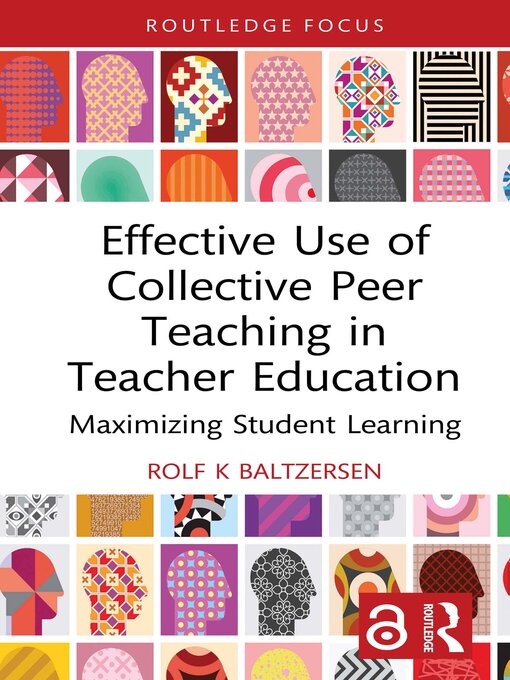Effective Use of Collective Peer Teaching in Teacher Education investigates the learning benefits of letting students assume leadership roles in the classroom, emphasizing both theoretical analysis and firsthand empirical research conducted with pre-service teachers.
Building on Vygotsky's (1987) sociocultural theory of human learning and research on collective intelligence, this volume introduces peer teaching as a pedagogical practice with a significant and underexplored learning potential. The first part of this book focuses on findings from two separate teacher education programs, while the second analyzes the learning processes through three conceptualized learning positions: peer teacher learning, peer student learning, and collective peer learning. Investigating the balance and interaction of these processes, this book argues that teaching and learning cannot at length be separated from each other and discusses the practical implications of this idea.
This book will appeal to researchers, faculty, and teacher educators with interests in theories of learning and international and comparative education. Its crucial insights into how learning can be maximized in the classroom will provide a nuanced picture of the complexity of learning processes.
The Open Access version of this book, available at http://www.taylorfrancis.com, has been made available under a Creative Commons Attribution-Non Commercial-No Derivatives (CC-BY-NC-ND) 4.0 license.
